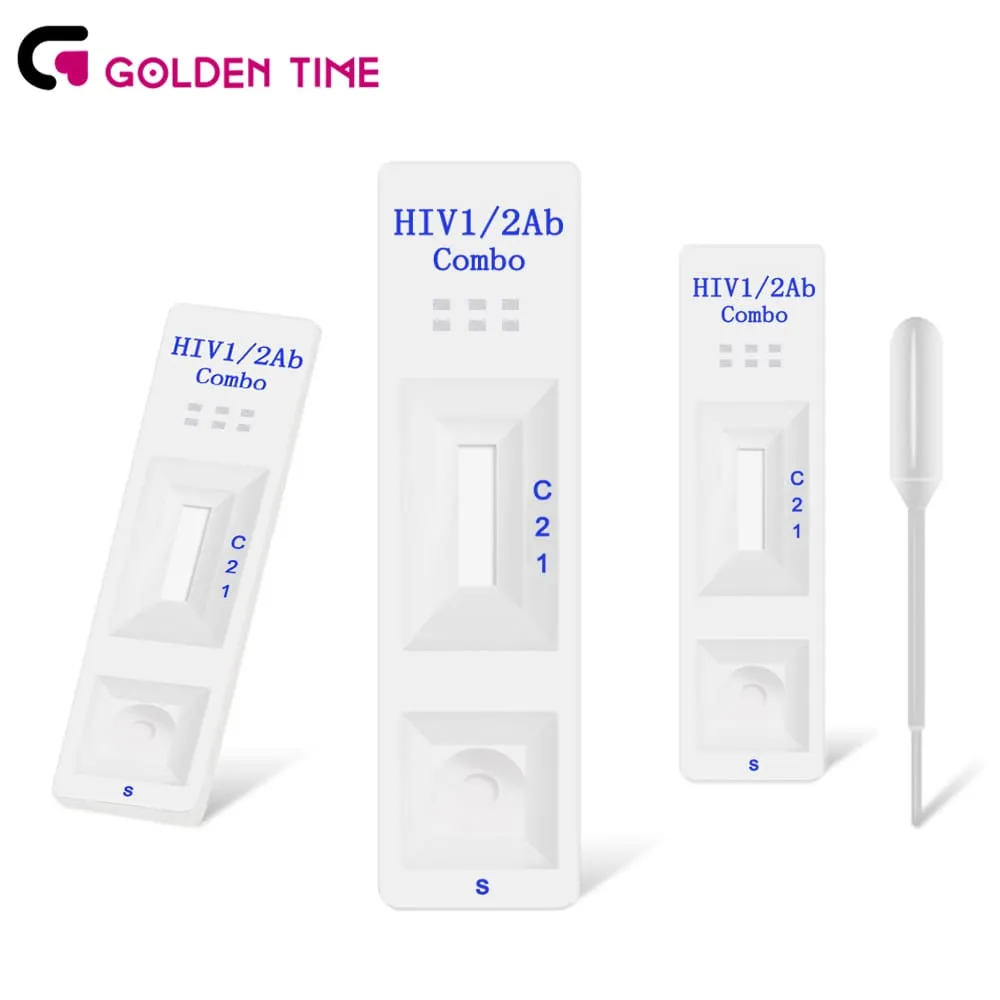
Дек . 05, 2024 14:25 Back to list
antigen test sars-cov-2
Understanding Antigen Tests for SARS-CoV-2 A Comprehensive Overview
As the world continues to navigate through the challenges posed by the COVID-19 pandemic, the need for efficient and rapid testing has become more critical than ever. Among the various testing methods available, antigen tests for SARS-CoV-2 have emerged as a popular option due to their ability to provide quick results. This article will explore the fundamentals of antigen tests, their advantages and limitations, and their role in managing the pandemic.
Antigen tests for SARS-CoV-2 are diagnostic tests designed to detect specific proteins (antigens) found on the surface of the virus. These tests work by using a sample, usually obtained from a nasal swab or saliva, and applying it to a test strip or cartridge. If the viral antigens are present in the sample, a chemical reaction occurs that produces a visible result, typically within 15 to 30 minutes. This rapid turnaround time is one of the primary advantages of antigen testing, making it ideal for use in various settings, from clinics and hospitals to schools and workplaces.
Understanding Antigen Tests for SARS-CoV-2 A Comprehensive Overview
Additionally, antigen tests are generally more cost-effective than PCR tests. The materials and procedures required for antigen testing are simpler, allowing for a broader distribution of testing capabilities, particularly in resource-limited settings. This ease of access can lead to increased testing rates, which is essential for identifying and managing outbreaks.
antigen test sars-cov-2

However, while antigen tests offer many advantages, they also have limitations that must be considered. One of the most notable drawbacks is their sensitivity compared to PCR tests. Antigen tests are generally less effective at detecting the virus in individuals with low viral loads, often resulting in false-negative results. This limitation is particularly concerning in asymptomatic individuals or those in the early stages of infection when the viral load may not be high enough to be detected.
Consequently, public health experts recommend using antigen tests as screening tools rather than definitive diagnostics. When combined with other testing methods, such as PCR tests, antigen testing can provide a more comprehensive approach to identifying and managing COVID-19 cases. For instance, a positive antigen test can prompt immediate isolation and further confirmatory testing via PCR to ensure accuracy.
Furthermore, the performance of antigen tests can vary based on several factors, including the specific test used, the quality of the sample collected, and the prevalence of the virus in the community. As a result, understanding the context in which testing is conducted is essential for interpreting the results accurately.
In conclusion, antigen tests for SARS-CoV-2 represent a valuable tool in the ongoing fight against COVID-19. Their rapid results and cost-effectiveness make them appealing for widespread use, particularly in settings where immediate decision-making is crucial. However, it is vital to acknowledge their limitations and utilize them in conjunction with other testing methods to ensure a robust response to the pandemic. By understanding the role of antigen testing, we can better navigate the challenges posed by COVID-19 and work towards a healthier future for all.
-
Dengue NS1 Rapid Diagnostic Test Kit
NewsMar.07,2025
-
Dengue NS1 Rapid Diagnostic Test Kit
NewsMar.07,2025
-
Dengue NS1 Rapid Diagnostic Test Kit
NewsMar.07,2025
-
Transferrin Rapid Test Cassette Tumor Marker TF Card
NewsMar.07,2025
-
Malaria Pf Pan Rapid Diagnostic Test Kit
NewsMar.07,2025
-
malaria pf / pan ag rapid test
NewsMar.07,2025
